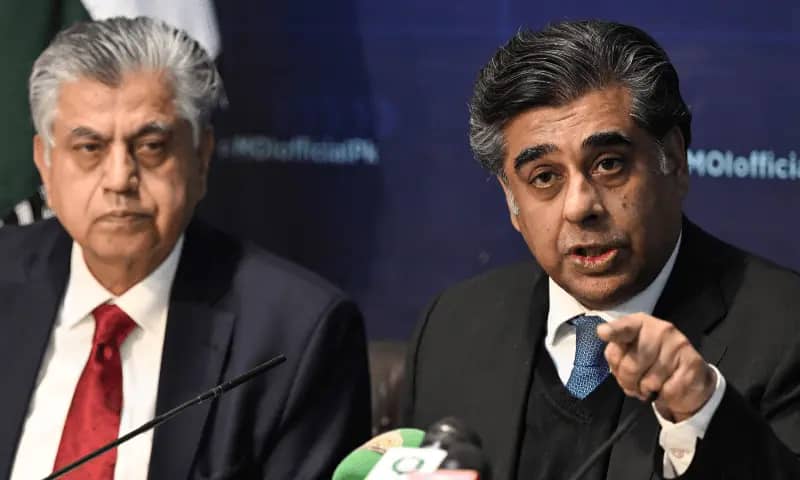Amidst preparations for Pakistan’s upcoming general election, discussions surrounding the potential suspension of internet services on February 8 due to security concerns have emerged. Gohar Ejaz, a minister, emphasized that any decision regarding internet suspension would be contingent upon requests from specific districts or provinces, primarily driven by security threats. The caretaker government has underscored the importance of evaluating the nature of these threats before implementing any measures, aiming to thwart potential terrorist activities facilitated by online communication channels.
During a press conference in Islamabad, Minister Ejaz, accompanied by caretaker Information Minister Murtaza Solangi, clarified that no concrete decision had been made regarding internet suspension on polling day. Emphasizing the government’s cautious approach, he stressed the necessity of blocking online communication avenues for terrorists while ensuring minimal disruption for citizens. Minister Solangi had previously stated that local administrations possessed the authority to decide on internet shutdowns based on prevailing law and order situations.
Also Read : Saudi Arabia Reiterates No Ties with Israel Without Palestinian State Recognition
Balochistan’s caretaker Information Minister Jan Achakzai announced plans for temporary internet restrictions in sensitive polling booths within the province. However, amidst these discussions, the Election Commission of Pakistan (ECP) reassured the public that the Election Management System (EMS) would operate offline in case of internet disruptions, ensuring the continuity of the electoral process.
In a related development, Amnesty International called upon Pakistani authorities to guarantee uninterrupted internet access throughout the election period, advocating for freedom of expression and access to information. The organization, along with the #KeepItOn coalition, urged Prime Minister Anwaarul Haq Kakar and Chief Election Commissioner Sikandar Sultan Raja to commit publicly to ensuring unimpeded internet access, both offline and online, during the election.
Additionally, the Sindh High Court (SHC) directed federal authorities to maintain smooth internet access and access to social media platforms until February 21, extending an earlier interim order. The court’s directive followed petitions against internet disruptions, highlighting citizens’ rights to access information and communicate freely.
As the election approaches, concerns persist regarding potential internet shutdowns and their implications for democratic processes and freedom of expression. Efforts by both governmental and non-governmental entities aim to balance security concerns with the fundamental rights of citizens, ensuring a fair and transparent electoral process.






